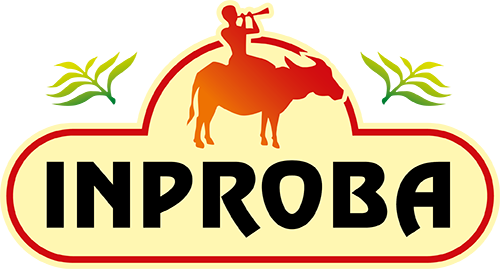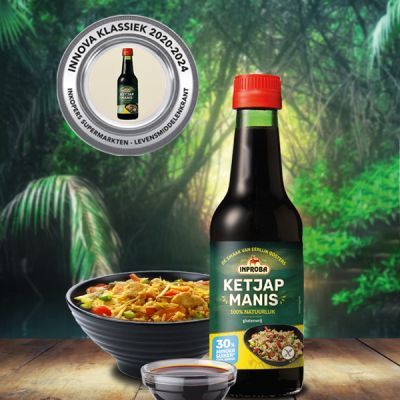Update Nepal during the Corona Year 2020
News overviewPublication date 01-03-2021
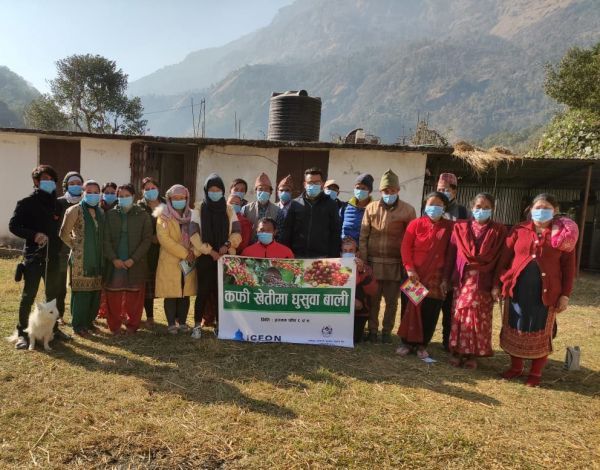
2020 was a year of setbacks for Nepalese farmers. Due to the Corona lockdown, farmers were no longer allowed to sell their products in the markets. The monsoon, which arrived much too early in July 2020, caused landslides and partially destroyed the harvest. To help the farmers get through the winter, it was decided to use part of the donation to purchase a total of 20 hand tractors, making it possible for the farmers to grow rice and other carbohydrate-rich foods for their own consumption. Despite the setbacks, the farmers have improved their income and self-sufficiency thanks to the help from Icfon and ISARD.
Read here the story of an ISARD employee who takes us through the ups and downs of the Nepalese farmers over the past year:
"The beginning of 2020 was marked by the distribution of young fruit trees (such as lemon, orange, banana, avocado, and lychee) and vegetable plants (such as tomatoes, chili peppers, and pumpkin) and the preparations for a new project. We also provided training, for example, on pest control and handling manure. The popular training for shiitake mushroom cultivation was continued. Because of its popularity, we also offered training to improve the capacity of this cultivation.
Just as all activities were in full swing, we were instructed to temporarily halt all meetings, training sessions, and workshops due to the outbreak of the global pandemic.
The national lockdown in Nepal began on March 24. With most of the field staff at home, six employees who stayed in Sunkoshi still managed to complete the distribution and construction of trust and bamboo tunnels for commercial vegetable cultivation.
Due to the lockdown, many people in the city lost their jobs. Many young people then returned to the villages to work in agriculture to ensure food security. With many young laborers now present in the village and 20 hand tractors available, much abandoned land could be made usable for growing vegetables and rice.
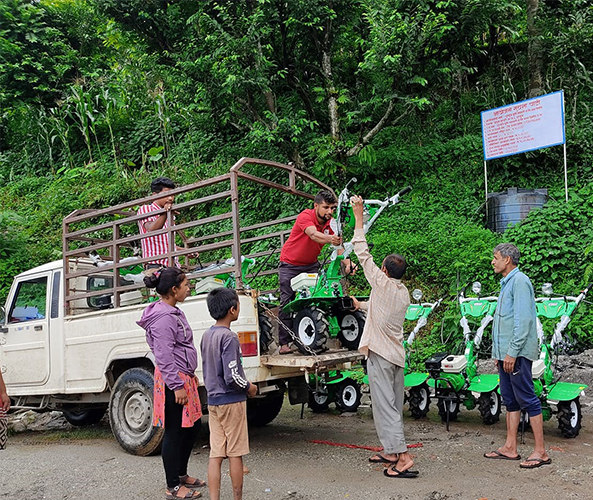
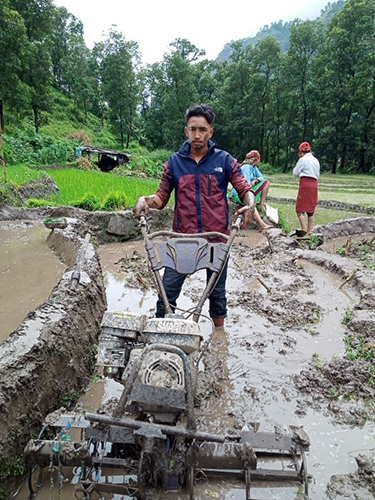
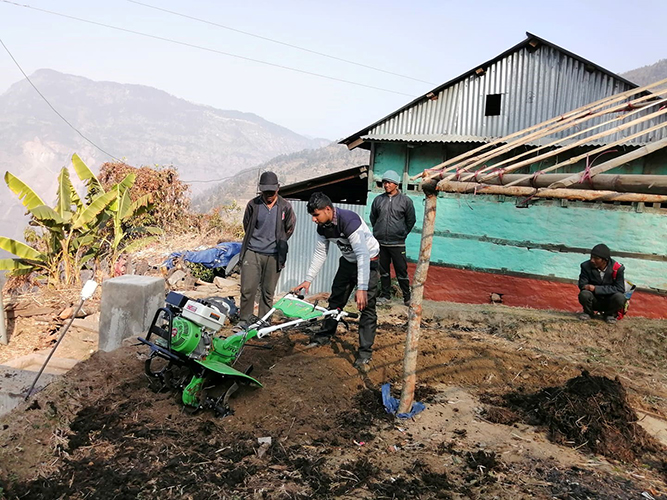
Four coffee nurseries were established in Bwase, Karthali, Dhuskun, and Sunkoshi. When our employees were not working in the field, they were busy with tunnel construction, the coffee and tomato seed plantation for the nursery, and the trial farm.
On May 17, Nepal reported its first death from the Coronavirus. Since the person was from Sindhupalchowk, safety measures in Barbabise were tightened. From mid-May to the first week of June, most work was suspended, but from the second week of June, we were constantly back in the field helping farmers with their problems.
In Bungathali and Sunkoshi, we managed to build two high-quality nurseries, which will be ready this year for the cultivation of kiwis, lemons, avocados, and oranges.
The lockdown not only impacted daily income (less crop sales) but also made it difficult for farmers to buy the required seeds and other essential agricultural products. However, with the help of our JTAs (Junior Technicians in Agriculture) and the reopening of the markets, we are slowly returning to normal.
Some training sessions, such as those in commercial vegetable cultivation, were now held in the field itself, also adhering to corona measures. Of course, measures were also considered when distributing agricultural supplies to the community, such as vegetable plants and equipment (think sprayers, garden hoses, and watering cans).
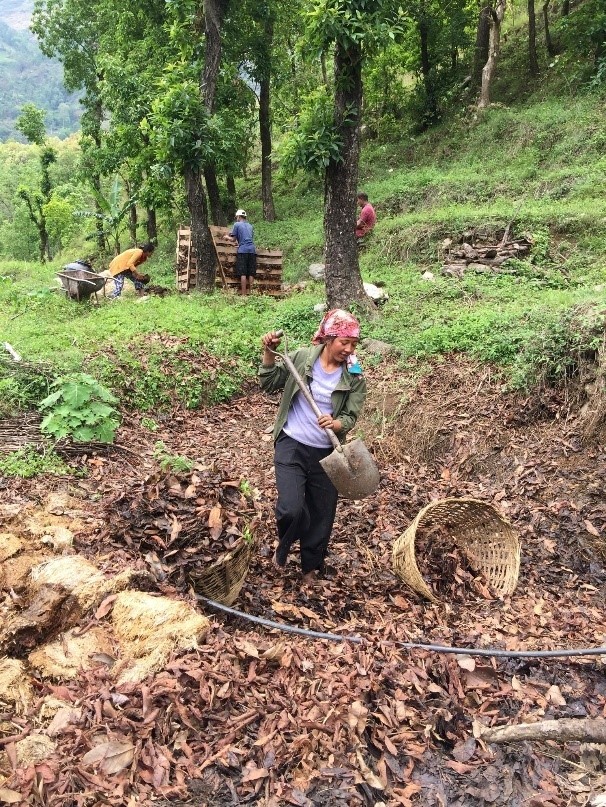 At the start of the project, we planned to train our trainers in various subjects, such as the value chain, intercropping, and coffee production, but unfortunately, we couldn't start the training sessions at the beginning of 2020, except for the compost-making training (photo left) and the intercropping training.
At the start of the project, we planned to train our trainers in various subjects, such as the value chain, intercropping, and coffee production, but unfortunately, we couldn't start the training sessions at the beginning of 2020, except for the compost-making training (photo left) and the intercropping training.
We were very pleased to be able to conduct the intercropping training to achieve maximum productivity. We really hope this training helps utilize the small spaces between coffee plants so farmers can generate extra income.
The microcredit loan we started in 2020, which encourages farmers to seek financial support, looks very promising. In total, 31 farmers used a microcredit in 2020; they invested it in tunnel construction, mushroom cultivation, vegetable farming, and poultry farming.
Despite the pandemic, the farmers are still improving their income and self-sufficiency, which makes us very happy."
